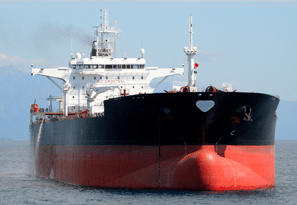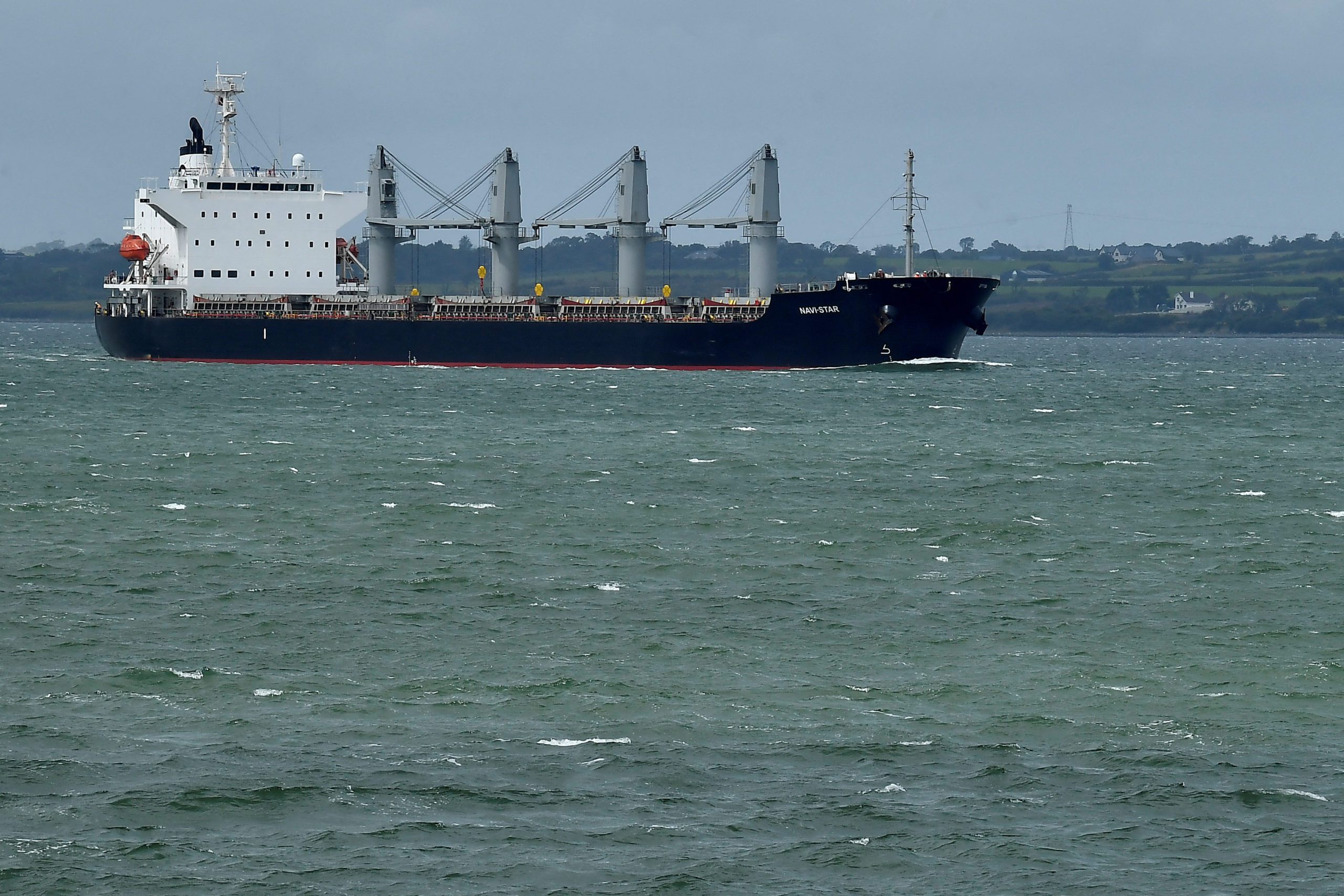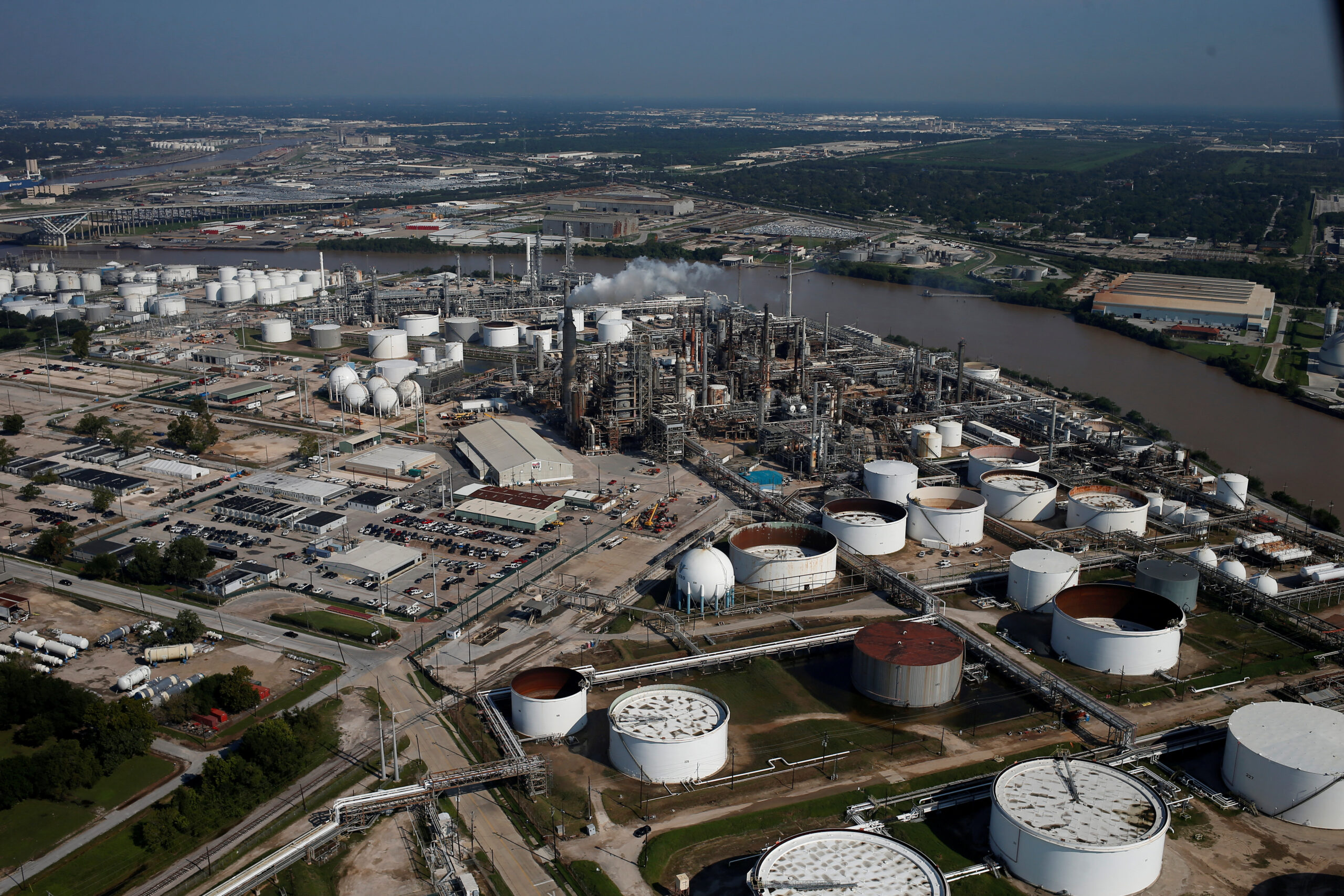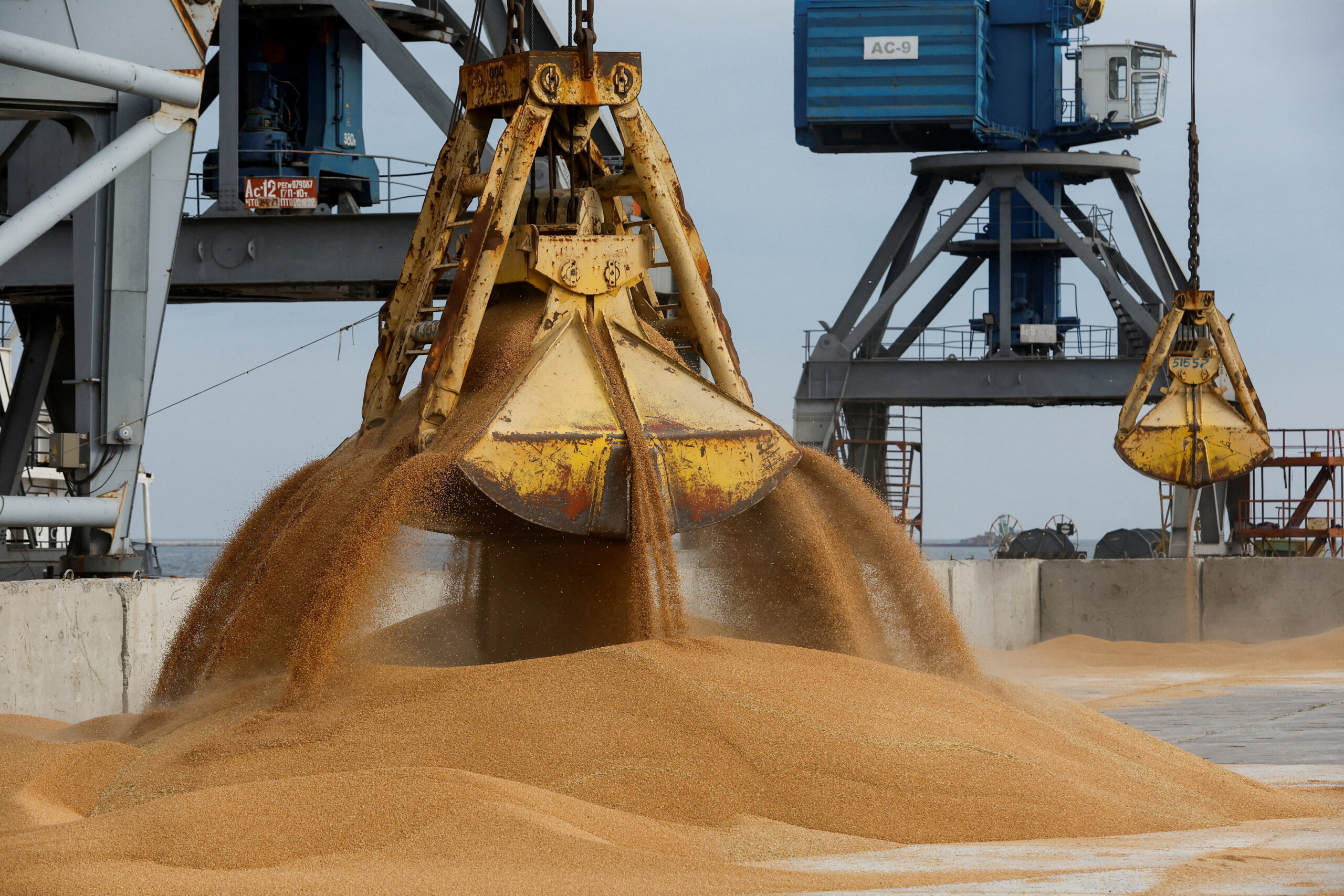Each year, 80 million tonnes of oil are shipped off Canada’s east and west coasts. Today’s announcement is the first step towards a “World-Class Tanker Safety System.” Image courtesy Transport Canada
CALGARY, Alberta, March 18 (Reuters) – Canada’s government will examine strengthening oil tanker safety, including introducing new laws and penalties, as it seeks to increase vastly exports of crude oil to Asia and other markets, it said on Monday.
The Transport Canada ministry said it has formed an expert tanker safety panel to review the current system and propose new measures by this autumn as proposed projects such as Enbridge Inc’s Northern Gateway pipeline and Kinder Morgan Energy Partners’ Trans Mountain pipeline expansion point to a huge increase in ocean-going traffic.
The moves are aimed at improving preparedness and response in case of oil spills and other accidents, Transport Canada said.
Fear of such risks is front and center in the debates over the controversial pipelines, which are opposed by environmental groups and many aboriginal communities in British Columbia.
Among areas to be reviewed by the three-member panel are liability and compensation. Ship owners are responsible for the cost of cleaning up any oil spill and are required to have insurance to an amount linked to the tonnage of the vessel, according to the ministry.
If damages exceed the owner’s liability, international and domestic funds provide additional compensation to a total of C$1.36 billion ($1.33 billion).
The government also said it is amending current legislation to boost requirements for pollution prevention at oil-handling facilities, increase oversight and enforcement, introduce new laws for contravening the act and remove legal barriers that could block response organizations from participating in cleanup operations.
It also announced a series of new safety measures, such as increasing inspections of foreign tankers, expanding aerial monitoring and modernizing navigation systems, it said.
The C$6 billion Northern Gateway pipeline would take 525,000 barrels of Alberta crude a day to Kitimat, British Columbia, where it would be loaded onto vessels and shipped through the Douglas Channel to the Pacific. The number of tankers connected to the project is pegged at more than 200 annually.
The C$5.4 billion Trans Mountain expansion would nearly triple the current throughout to 890,000 barrels a day. That pipeline would extend to Vancouver from near Edmonton, Alberta. The number of oil tankers in that harbor would increase to more than 400 a year from about 60 currently.
Regulators are scheduled to make a decision on whether to approve Northern Gateway by the end of this year. Kinder Morgan has yet to apply to proceed with its expansion.
One environmental group opposed to the oil pipelines said Ottawa’s moves would not change the main risks posed by the major increase in traffic carrying Alberta’s oil sands-derived crude.
“We are saying less tar sands oil, not more, thank you very much. The truth is the safest thing we can do is say no to the Enbridge and Kinder Morgan pipelines,” Ben West, tar sands campaigner for ForestEthics Advocacy, said in a statement.
More information, including specifics, on today’s announcement can be found HERE.
(c) 2013 Thomson Reuters, Click For Restrictions

 Join The Club
Join The Club











